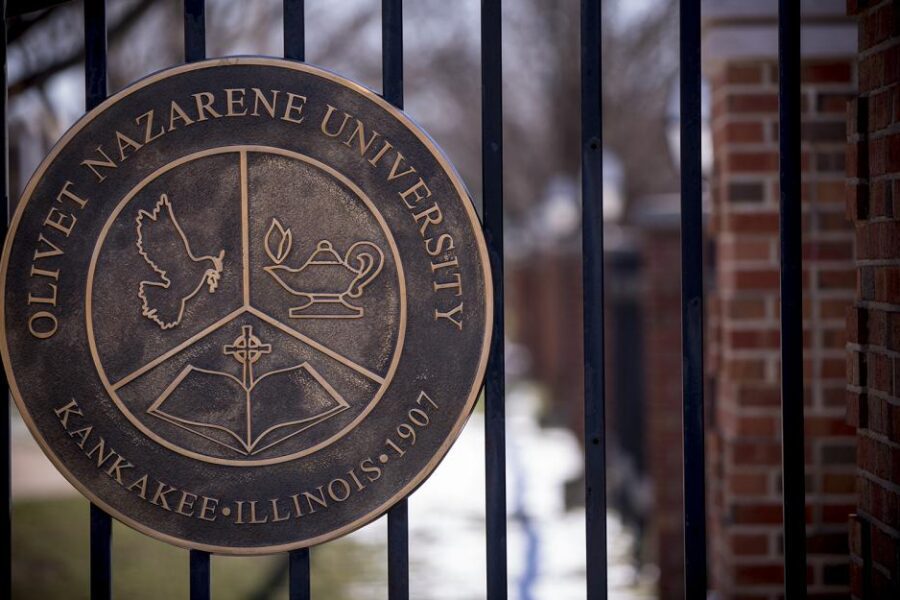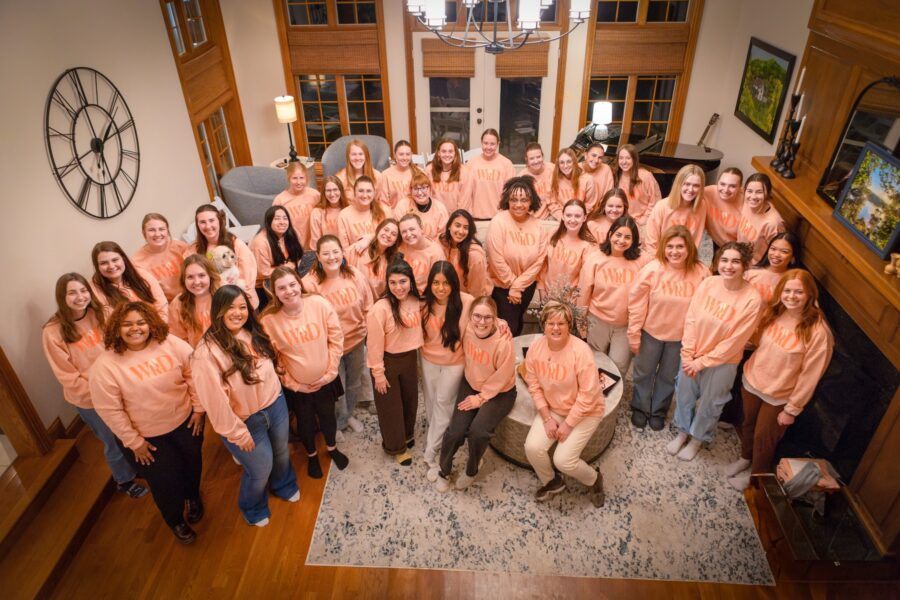
March 17, 2020 — Currently there is no threat of the spread of the coronavirus disease 2019 (COVID-19) at Olivet Nazarene University and we hope to continue with that clean bill of health. However, like many other institutions, Olivet is taking several precautionary measures to ensure that individuals do not present a safety or health concern for our community.
The University hopes to provide students, faculty, staff and visitors with relevant information about the outbreak of COVID-19 as we monitor its spread into and throughout the United States. All campus updates can be found at www.olivet.edu/update with more information regarding campus activities outlined on the Frequently Asked Questions page.
The U.S. State Department and the Center for Disease Control and Prevention (CDC) are working with state and local public health partners to implement various health protocols. Based on their recommendations, Olivet’s Emergency Management Team has outlined the following guidelines to limit the chance of exposure to and potential spread of the virus. We suggest that everyone familiarizes themselves with these basic guidelines, as well as staying up to date with information published on the CDC website: https://www.cdc.gov/
Thank you all for your patience and understanding as we continue to make decisions and develop plans to protect the health and welfare of our students, faculty members, staff, and community.
About COVID-19:
There is currently no vaccine to prevent the COVID-19 infection. The best way to prevent infection is to avoid being exposed to the virus. However, as a reminder, the CDC always recommends everyday preventative actions to help prevent the spread of all respiratory viruses. These actions include:
- Wash your hands often with soap and water for at least 20 seconds. Use an alcohol-based hand sanitizer that contains at least 60% alcohol if soap and water are not available.
- Avoid touching your eyes, nose and mouth with unwashed hands.
- Avoid close contact with people who are sick.
- Stay home when you are sick.
- Cover your cough or sneeze with a tissue, then throw the tissue in the trash.
- Clean and disinfect frequently touched objects and surfaces.
If you travel, take the following routine precautions to reduce spread of most respiratory infections:
- Avoid close contact with people who are sick.
- Avoid touching your eyes, nose, or mouth with unwashed hands.
- Wash your hands often with soap and water for at least 20 seconds, especially after going to the bathroom; before eating; and after blowing your nose, coughing, or sneezing. Especially if hands are visibly soiled.
- If soap and water are not readily available, use an alcohol-based hand sanitizer that contains 60%–95% alcohol.
- Use a tissue to cover your cough or sneeze and throw it away in the trash, then wash your hands immediately.
- Because of how air circulates and is filtered on airplanes, most viruses and other germs do not spread easily on airplanes. There is a greater risk of close contact with sick travelers within the airport, so do not wander throughout the airport, instead stay with your group/family.
- Masks are not needed for people who are well. A mask should be worn if you have a fever, cough, or runny nose, and have recently been around sick people or in areas that have known infections.
- Do not travel if you are sick.
What To Do If You Get Sick:
- If you get sick with fever (100.4°F/38°C or higher), cough, or have trouble breathing:
- Seek medical care. Call ahead before you go to a doctor’s office or emergency room so they can properly prepare for your arrival.
- Tell your doctor about your recent travel and your symptoms.
- Avoid contact with others.
If you have specific questions or concerns, or need to report travel related illness you may contact Olivet Counseling and Health Services at healthservice@olivet.edu or by calling 815-939-5256.
Published: 3/5/2020
Updated: 3/17/2020




